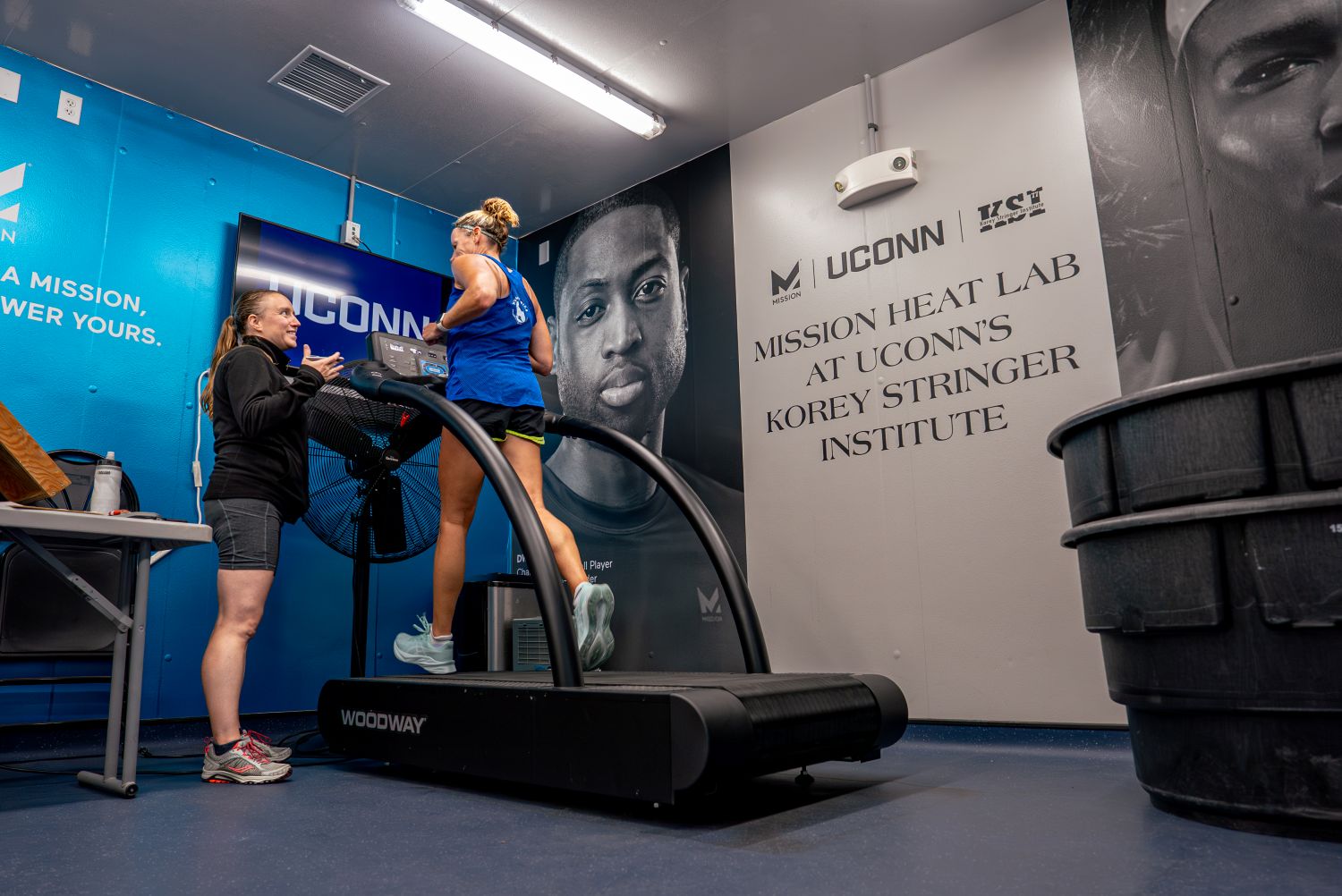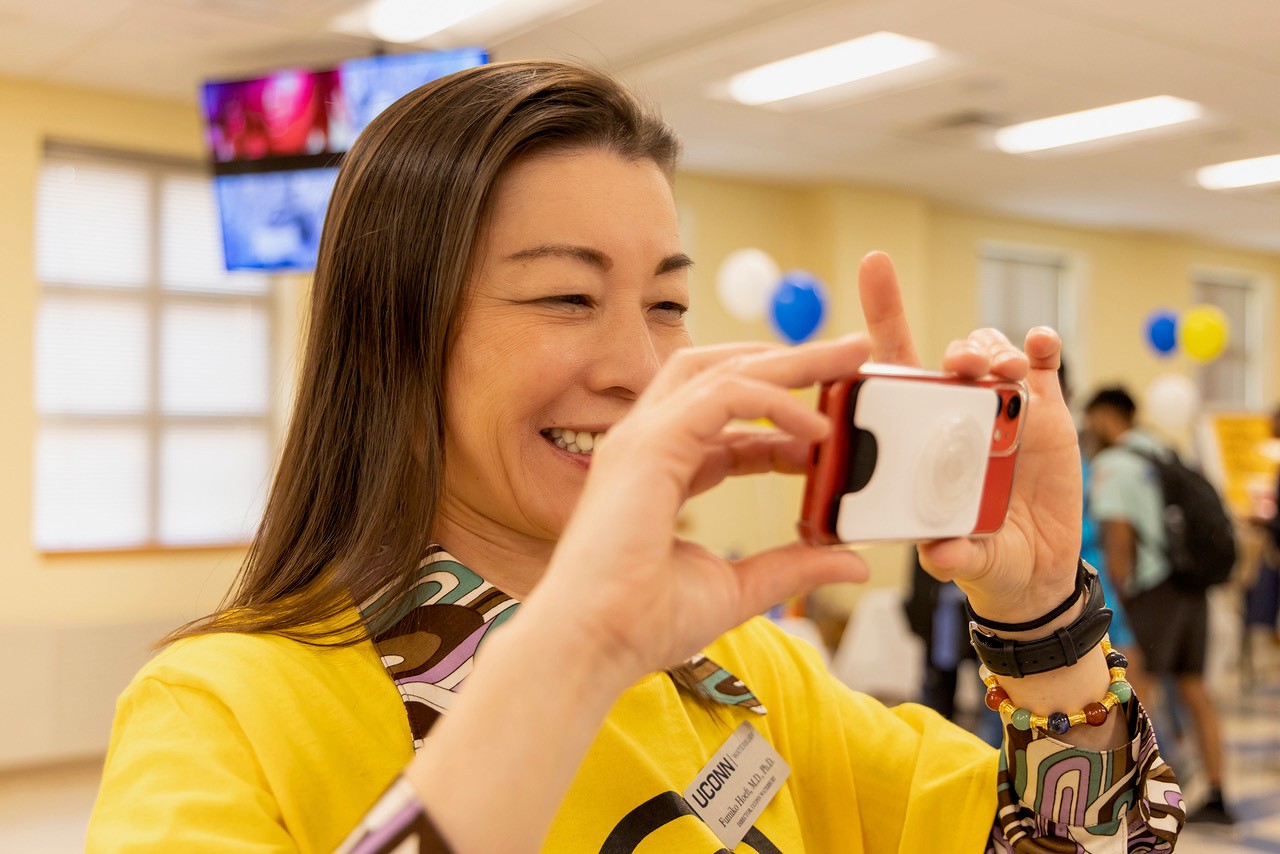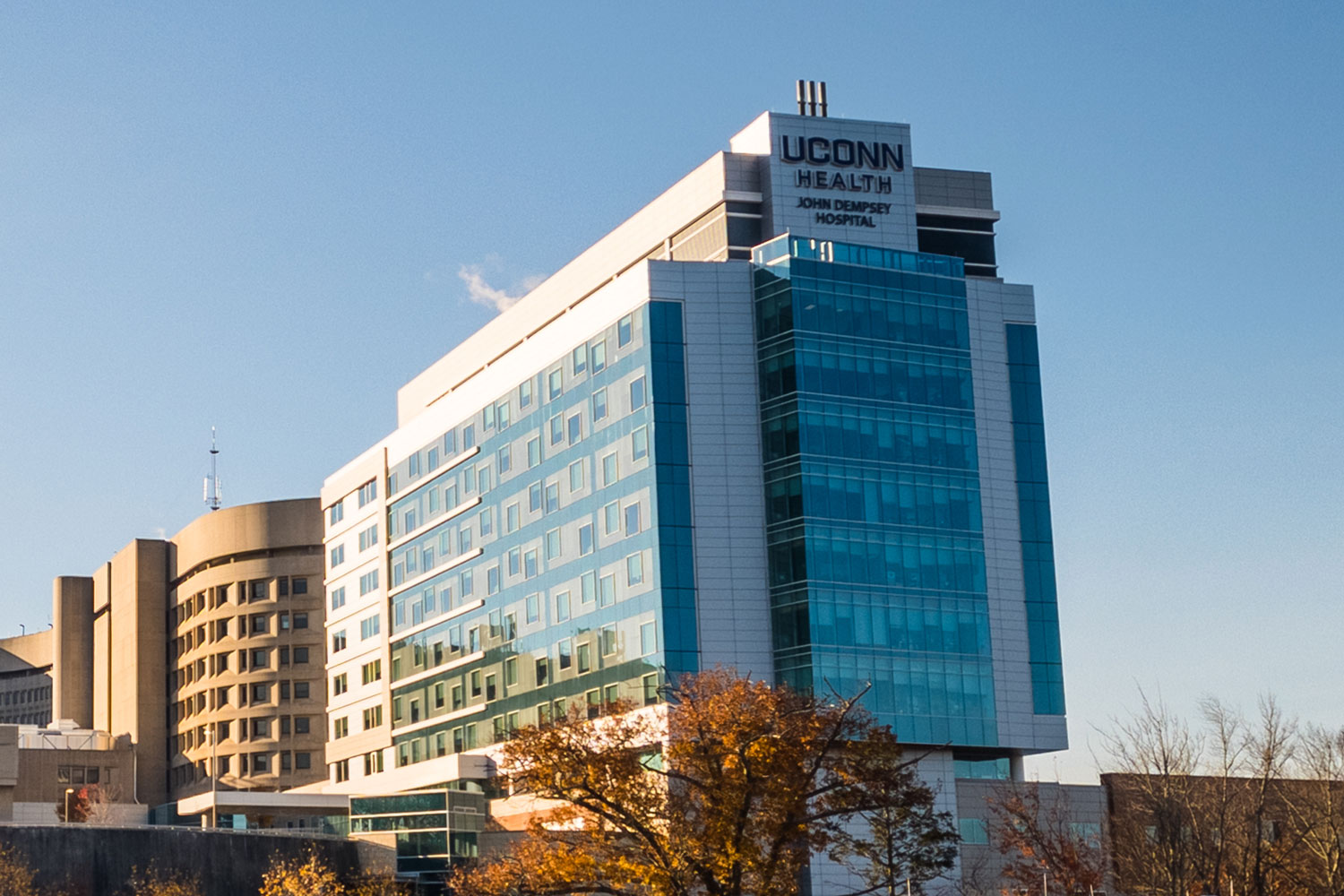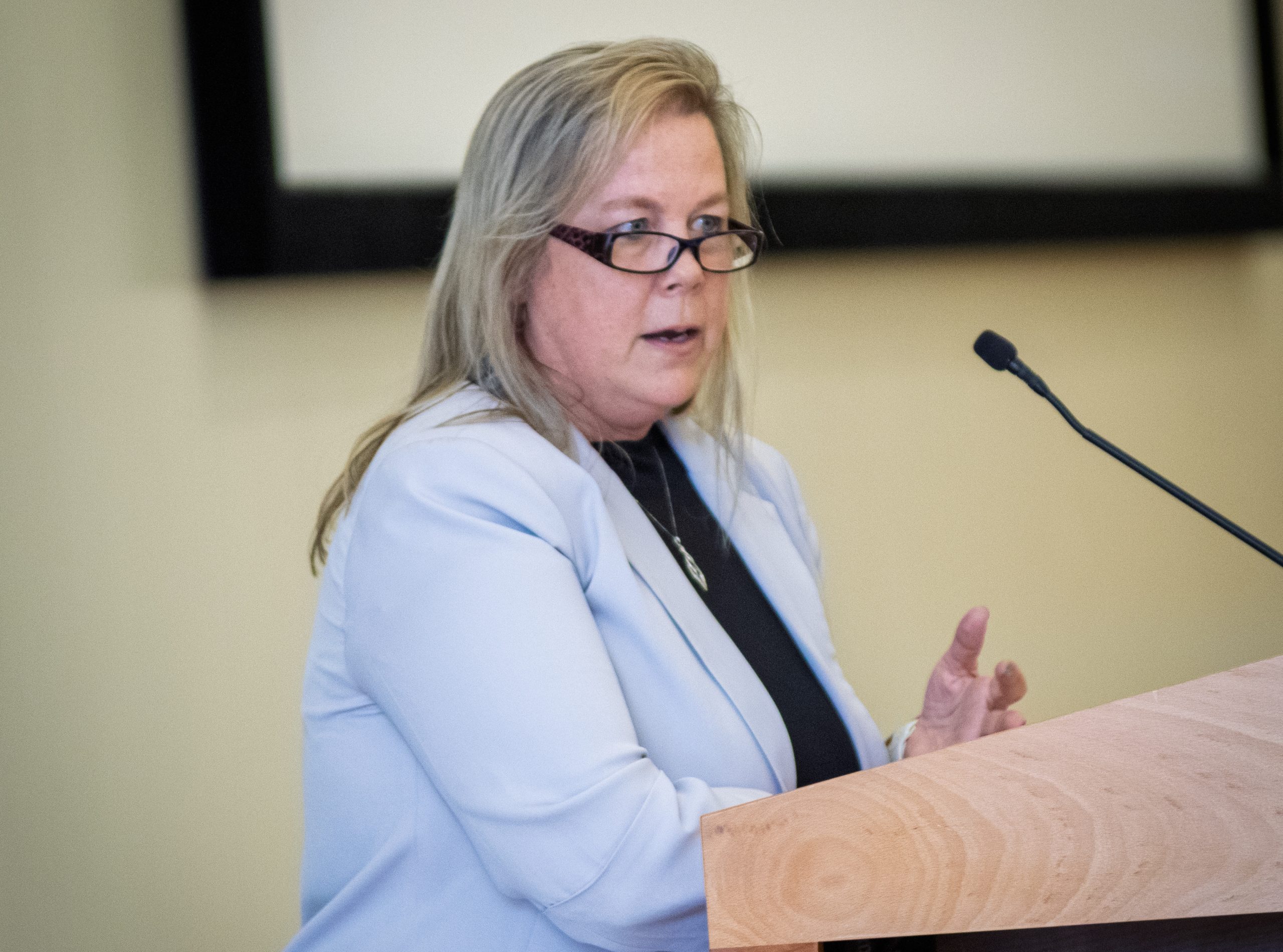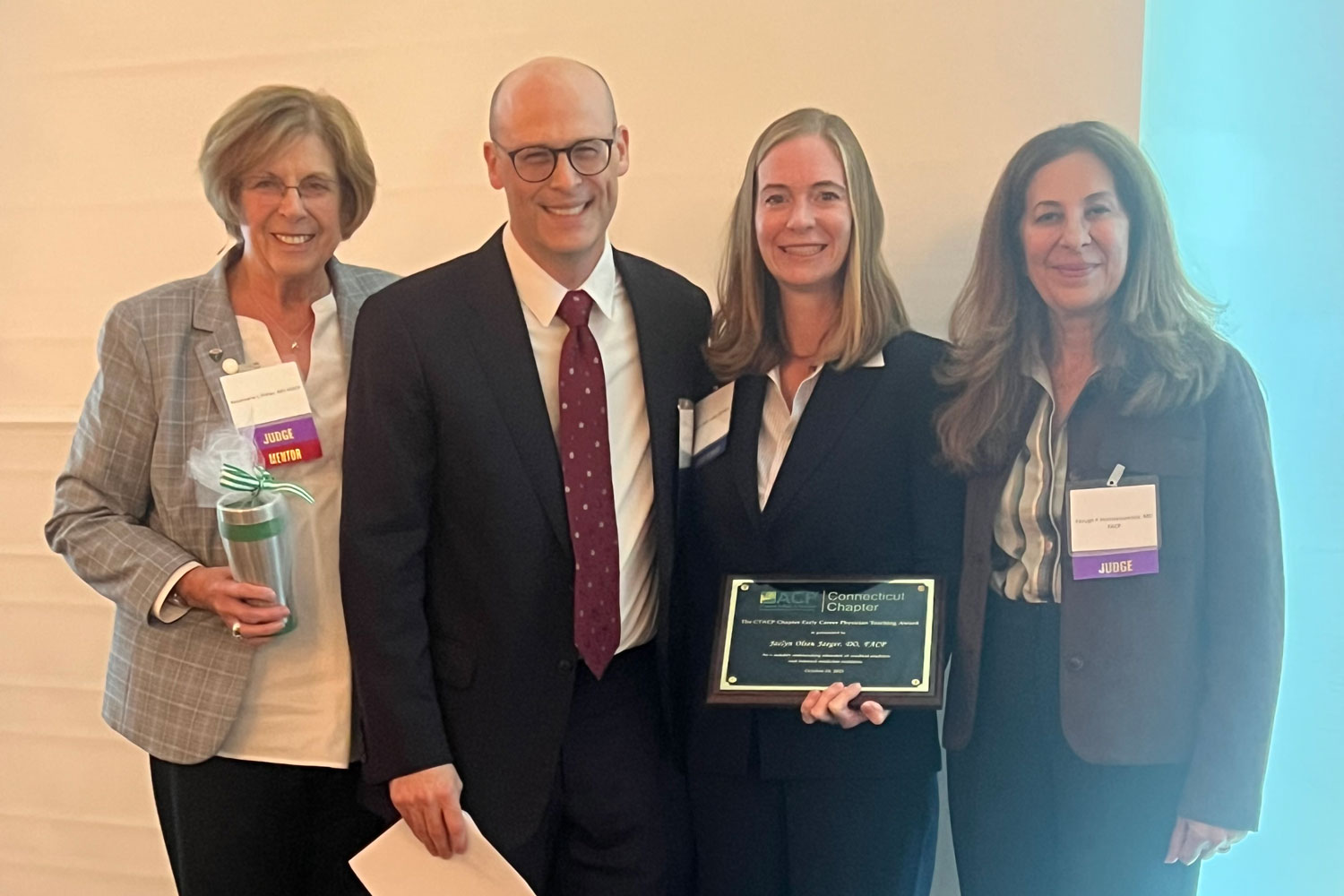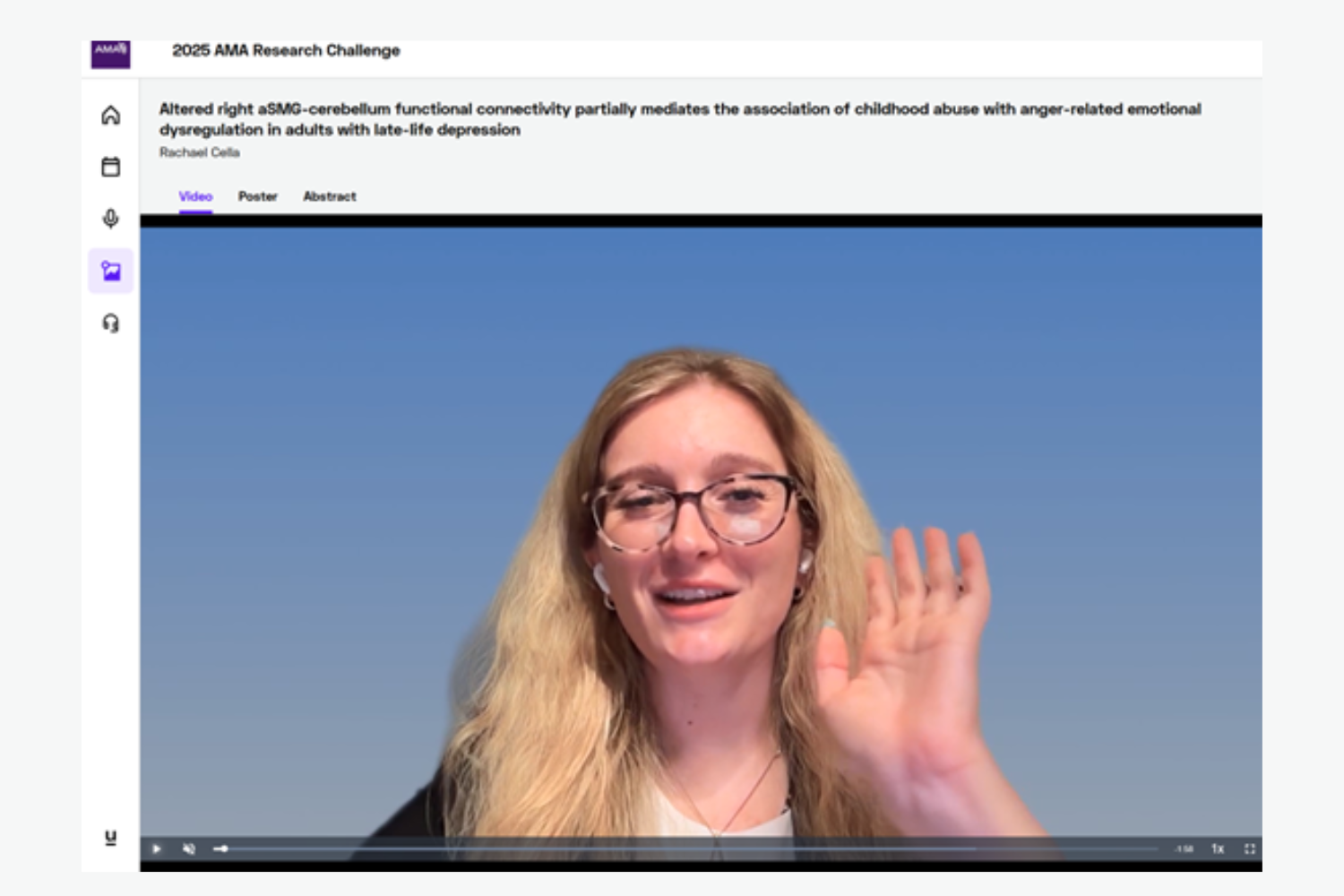In Memoriam: Ross D. MacKinnon, Former Dean of the College of Liberal Arts and Sciences
Ross D. MacKinnon, former dean of the College of Liberal Arts and Sciences (CLAS) and Professor Emeritus of geography, passed away from pancreatic cancer at his home in Sonoma, California, surrounded by family, on Jan. 27, 2025, at the age of 82.
A dedicated leader and scholar, MacKinnon left a lasting impact on UConn and the many students, faculty, and colleagues who had the privilege of working with him.
As dean of CLAS from 1996 to 2008, he oversaw a period of transformative growth and investment in the College. He played a pivotal role in guiding CLAS through the UConn 2000 capital program, a state-funded initiative that revitalized the University and strengthened its academic foundation.
Throughout his tenure, he championed major investments in faculty hiring, research, and academic programs. He also spearheaded several multidisciplinary initiatives that continue to shape UConn’s academic community today.
Among his many accomplishments, he led the creation of the UConn Humanities Institute, which supports humanities scholarship through funding, fellowships, and programming. He was also instrumental in establishing the Human Rights Institute and the Center for Health, Intervention, and Prevention, now known as the Institute for Collaboration on Health, Intervention, and Policy.
Before joining UConn, MacKinnon served as dean of the Faculty of Social Sciences and professor of geography at the State University of New York at Buffalo. He previously served as head of SUNY Buffalo’s Department of Geography, during which time he strengthened the department’s graduate program and scholarly reputation. Prior to that, he was a faculty member in the University of Toronto’s geography department.
MacKinnon earned a bachelor’s degree in geography from the University of British Columbia in 1964, a Master of Science in geography from Northwestern University in 1966, and a Ph.D. in geography from Northwestern University in 1968.
He was a proud Canadian and naturalized U.S. citizen who believed in the promise of America. He loved traveling, sharing a good meal with friends, live jazz, contemporary painting, new plays, UConn men’s and women’s basketball, and the Buffalo Bills. He had a great sense of humor and was quick with encouragement.
He is survived by his wife, Marilyn Hoskin, and his two daughters, Pam and Caroline MacKinnon.
His family asks those who wish to honor his memory to take a moment to remember Ross and consider supporting the Dean Ross MacKinnon Endowment for CLAS Graduate Fellows.
Latest UConn Today
- How’s Your Hydration? A New Tool from UConn Researchers Helps Athletes Find OutSynthesizing data from 16 human field studies, a new tool from UConn's Korey Stringer Institute aims to help athletes and the general public stay hydrated and healthy
- UConn Waterbury Dean Fumiko Hoeft Issues a Challenge, Makes Campaign Match in ‘Because of UConn’ Campaign'Student success is University success. And student success is also success for the future of our world'
- UConn Health’s Among ‘America’s Best-in-State Hospitals’John Dempsey Hospital earns Newsweek distinction 3 years running
- Driving Passion: Erika Lindeberg, Jacobs Engineering Group Inc.Academy of Distinguished Engineers inductee discusses professional and personal motivations, how she was influenced by her studies at UConn, and the importance of mentoring
- UConn Health’s Dr. Jaclyn Olsen Jaeger Recognized as Outstanding EducatorEarly Career Physician Teaching Award from Connecticut Chapter of the American College of Physicians
- UConn Medical Students Compete in Research Challenge of American Medical AssociationEight UConn School of Medicine students qualified for and competed in the exciting, national 2025 AMA Research Challenge to share their innovative research findings in virtual poster presentations Oct. 22-23.








